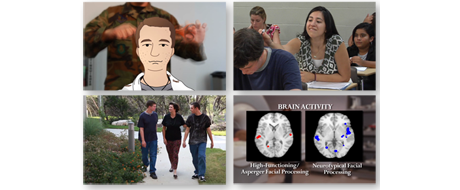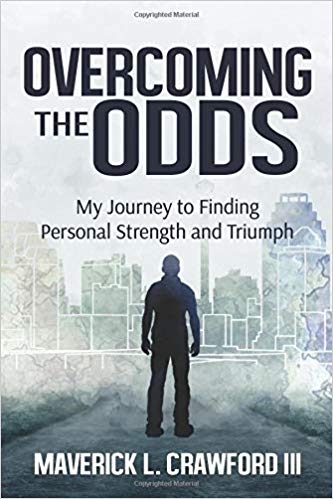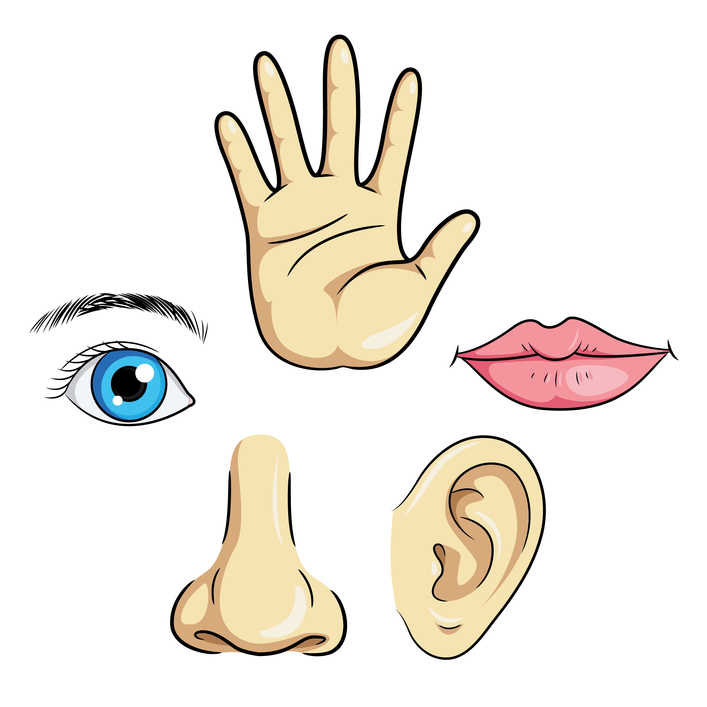Five Toxic and Overrated Aspergers Beliefs Dispelled
What Kinds of Beliefs are overrated? One of the most significant issues against the Aspergers Community is the high number of stereotypes that surround it. Many are obvious and some are not so obvious. Such stereotypes typically arise from well-known people and situations, such as Adam Lanza and the Sandy HookContinue Reading
Teaching Conversation Skills
Starfish Social Club During the month of February we, at Starfish Social Club, are working on conversation skills. Engaging in a successful conversation is a pretty complex process with lots of moving pieces. Students with social learning challenges may struggle with conversational skills for multiple reasons. Students who struggle with interpreting social cues mayContinue Reading
Fidgeting: Using Games and Exercise for Children with Excess Energy
Fidgeting is a common result of excess energy in children and can interfere with positive behaviors. Excess energy and fidgeting can be distracting and disrupt learning. According to an article on Autism Speaks, by Geraldine Dawson and Michael Rosanoff, “Increased aerobic exercise can significantly decrease the frequency of negative, self-stimulatingContinue Reading
Asperger Syndrome From Diagnosis to Independence Part 1: Diagnosis
The summer of 2017 Aspergers101 hosted a free informational series on Aspergers at the San Antonio Public Library. We have recorded each of these valuable sessions in video and powerpoint format so that you can have access to them at any time. Below, watch the first workshop from our InformationalContinue Reading
Aspergers Individuals Can Become Great Leaders, Despite Their Challenges. Part 2: Overcoming Challenges
This is Part 2 of a two-part article by Reese Eskridge on the topic of building leadership skills. You can read Part 1 here. Reese compiled the following list of personal challenges that often plague those with Autism or Aspergers. Each piece of common self-doubt listed below is accompanied with Reese’sContinue Reading
UNDERSTANDING HIGH-FUNCTIONING AUTISM/ASPERGER SYNDROME
Below are excerpts taken from interviews for the documentary, Coping to Excelling: Solutions for school-aged children diagnosed with High-Functioning Autism or Aspergers Syndrome. We hope this aids you in your on-going quest seeking information on HFA and AS as well as the knowledge you are not alone in your plightContinue Reading
An Assessment of Personal Readiness for College with ASD
In a previous blog I wrote about the topic of readiness within higher education to support college students with Asperger’s Disorder. The series touched on the ability of colleges to provide effective academic, social, and independent living supports. The “Benchmarks of Effective Supports for College Students with Asperger’s Disorder,” aContinue Reading
Moving Beyond Black and White Thinking and Learning to Live in the Gray Area:
Once a child is becomes more competent in his or her ability to think multi-causally, the next focus of higher level social-emotional thinking is the capacity to understand the gray areas of life. Adolescents and young adults with Aspergers or HFA are especially prone to hitting an emotional rut when speakingContinue Reading
An Interview with the Author of Overcoming the Odds: A New Book About the Journey with Aspergers as a Young Black Man
1) Tell us an overview about your new book titled, “Overcoming the Odds: My Journey to Finding Personal Strength and Triumph” My book is a memoir based on my challenges and obstacles that I had in my life such as autism, abuse, mental illness and much more. Its primarily aContinue Reading
Understanding Crisis Behavior in People with Aspergers
Some individuals with Aspergers or HFA may engage in crisis behavior that interferes with their learning, puts themselves or others at risk, prevents them from participating in various activities, or impedes the development of relationships. Crisis behavior can range in severity from low productivity to meltdowns that involve aggression, self-injury,Continue Reading
The Three Different Learning Types: How Your Learning Type can Affect Employment
During inventory and work assessments, one thing that we as employment specialists learn, and sometimes the individual with Asperger’s/HFA learns as well, is what learning type they are. During the initial stages of assessing our individuals’ best possible work environment, we also discover their learning types: visual, auditory, or kinesthetic. I will now break down theseContinue Reading












